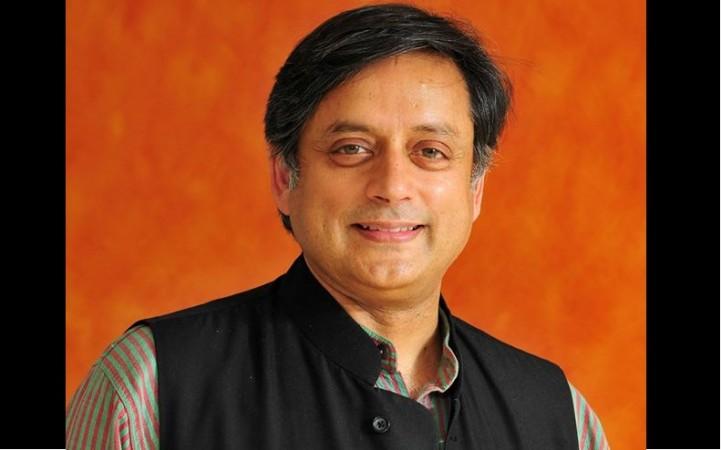
Congress leader Shashi Tharoor is at it again! This time, he has Twitter flummoxed with what is often considered the longest word in the English dictionary: floccinaucinihilipilification.
And the responses are as mixed as they come! While the primary reaction is confusion and some garbled statements stemming from them, many who know the big word are tickled pink!
However, one must give Tharoor credit for using the 29-character word in its context. And in a manner only he can do!
What did Tharoor say?
Tharoor has been Indian Twitter users' resident unofficial English teacher ever since he used the phrase "exasperating farrago" to describe TV journalist Arnab Goswami's reportage on the investigation into the death of Tharoor's wife Sunanda Pushkar.
Tharoor has since then introduced a few other uncommon words into the vocabulary of Twitter users, ranging from "calumny" to "rodomontade."
This time, however, he seems to have outdone himself! In a tweet posted on Wednesday, October 10, about his new book, he wrote: "My new book, THE PARADOXICAL PRIME MINISTER, is more than just a 400-page exercise in floccinaucinihilipilification. Pre-order it to find out why! [sic]"
Here's the full tweet:
My new book, THE PARADOXICAL PRIME MINISTER, is more than just a 400-page exercise in floccinaucinihilipilification. Pre-order it to find out why!https://t.co/yHuCh2GZDM
— Shashi Tharoor (@ShashiTharoor) October 10, 2018
What is floccinaucinihilipilification?
Many people know floccinaucinihilipilification as the longest word in the English dictionary, but that is not the case.
That honour, bestowed officially by the Oxford English Dictionary, goes to pneumonoultramicroscopicsilicovolcanoconiosis. The lexicon defines this 45-character word as "a lung disease caused by inhaling very fine ash and sand dust."
In fact, even the word describing a fear of long words — hippopotomonstrosesquipedaliophobia — is also ironically longer than floccinaucinihilipilification, with 35 characters.
Incidentally, floccinaucinihilipilification is defined by the Oxford English dictionary as the "action or habit of estimating something as worthless."
Here's hoping that Tharoor manages to weave in those big words into more tweets. But not too often. The reason may be found in the following anecdote:
Novel laureate William Faulkner once said of Ernest Hemingway and his writing style: "He has never been known to use a word that might cause the reader to check with a dictionary to see if it is properly used."
Hemingway reportedly reacted: "Poor Faulkner. Does he really think big emotions come from big words?"
[The author currently teaches at St Joseph's College (Autonomous), Bengaluru.]

















